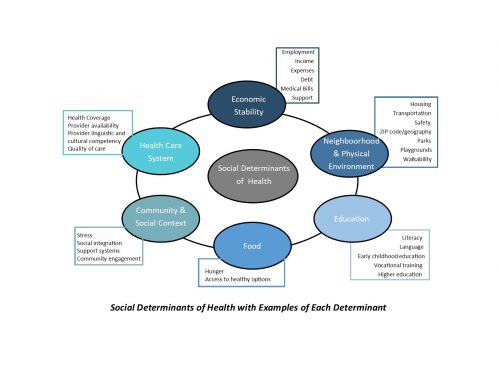Yesterday I touched on the ANA Position Statement providing ethical guidance and support to nurses and some of the responsibilities a nurse has when managing a patient in pain. I was asked today why a Case Manager would be responsible for assisting in the management of pain, to describe some of the non-pharmacologic pain management techniques a case manager could recommend and detail their effectiveness.
Interestingly, the question of why a Case Manager is responsible for assisting in the management of pain is not a new question. When my previous case management company, S&H Medical Management Services, pioneered opioid protocols to be used by our case managers almost a decade ago, it was a question I also received from some of our staff. The role of case management has evolved over the past 30 years of my practice from originally in part a reporter of the proposed treatment plan, to fully an active participant in the rehabilitation plan and process.
In the earlier days of the transition to an active participant in the process, our case managers had routinely received push-back from physicians when discussing best practices as compared to the treatment being proposed by the physician. They anticipated questioning a physician’s opioid prescribing practices would be difficult.
Interestingly, prior to the purchase of my company by Kansas based CompAlliance, I used the then “Nursing Functions of Pain Management” in the state of Kansas Nurse Practice Act, as a model for our case management staff in the role of pain management.
“Nurses are responsible for maintaining the knowledge and skills necessary to coordinate optimal pain management.”
We concluded at my previous company and now at CompAlliance, though while we do not administer medications, our responsibilities as an RN and Case Manager do include: education, assessment, using evidence-based assessment tools, exploring non-pharmacologic options, communication, documentation, active adherence and participation, etc. At CompAlliance whether we are functioning in the role of case management or utilization management, this role as a pain management nurse is embedded into our daily practice.
Before describing non-pharmacologic alternatives for pain management I would like to refer you to a series of blog articles in which I discussed the findings of Dr. Donald Teater re: the “Evidence for the Efficacy of Pain Medications”. His research was seminal in development of our opioid protocols. In this series I explain the idea of “Number Needed to Treat (NNT)” in context of pain medications.
These articles can be reviewed by searching for the title, “New Direction”, on the CompAlliance blog “CompTalk”. Interestingly when I speak at conferences I always ask the audience if they are familiar with the concept of NNT and rarely do I see anyone nod their head yes. This was a concept that was essential for our Case Management staff to understand and to support the use of non-opioid alternatives in the arena of pain management.
In Part 3 I will discuss non-pharmacologic alternatives for pain management and detail any research studies to date documenting their effectiveness. Contact Us If you would like more information on the CompAlliance Opioid Protocols our Case Management staff utilize.

